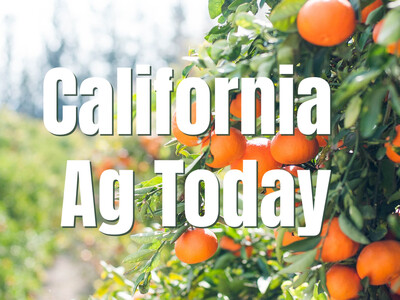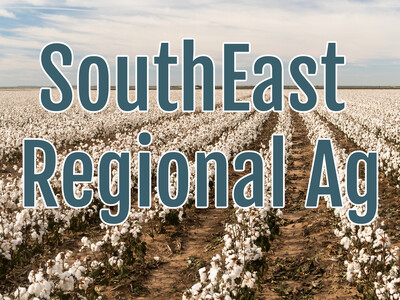Hurting Apples & Ban Impact
Hurting Apples & Ban Impact plus Food Forethought. I'm Greg Martin with today's Northwest Report.Todd Fryhover is president of the Washington Apple Commission and says last weeks Russian ban on many U.S. exports is not welcome news.
FRYHOVER: Russia is an important market for Washington. Last year we exported just south of 600-thousand cartons of fruit so we are concerned. Somebody will make up that void. We're hoping that those folks that do create opportunities in other other for Washington apples. But it's a relatively small market for Washington apples in comparison to the total exports to over 60 countries.
The 2014 apple crop is expected to be the largest apple crop ever in northwests history.
The Russian ban also effects the EU, Australia, Norway and Canada. The ban is in effect for one year and groups like the U.S. potato industry are assessing the potential impacts. It appears that all fresh potatoes, including seed, table stock, and chipping potatoes, would be impacted. To date, Russia has not taken any action against processed potato products, including dehy, French fries, or potato chips. The real losers here of course will be the Russian public as food prices with likely rise. Watchdog groups say overall, the ban will not likely harm U.S. farmers and ranchers.
Now with today's Food Forethought, here's Lacy Gray.
Quite a while back I mentioned the little known fact that in several states it is still considered against the law for individual landowners to collect and use rain water. Such antiquated rain water laws have been under attack for quite a while, and rightly so, given the continuing drought situation faced by so many across the U.S. Californians may now legally collect and use rain water; thanks to the "Rainwater Capture Act of 2012". Legislators there recognized the simple fact that after facing long lasting drought, Californians need to be able to use whatever water is at their disposal. And they're not the only ones. Many other states are working to allow rain water collection. With many states seeing their reservoir water quickly diminishing such legislation is imperative. While collecting and using rainwater can be a great way to conserve resources, along with that comes the responsibility of the proper use and treatment of the collected rain water by landowners.
Thanks Lacy. That's today's Northwest Report. I'm Greg Martin on the Ag Information Network.














